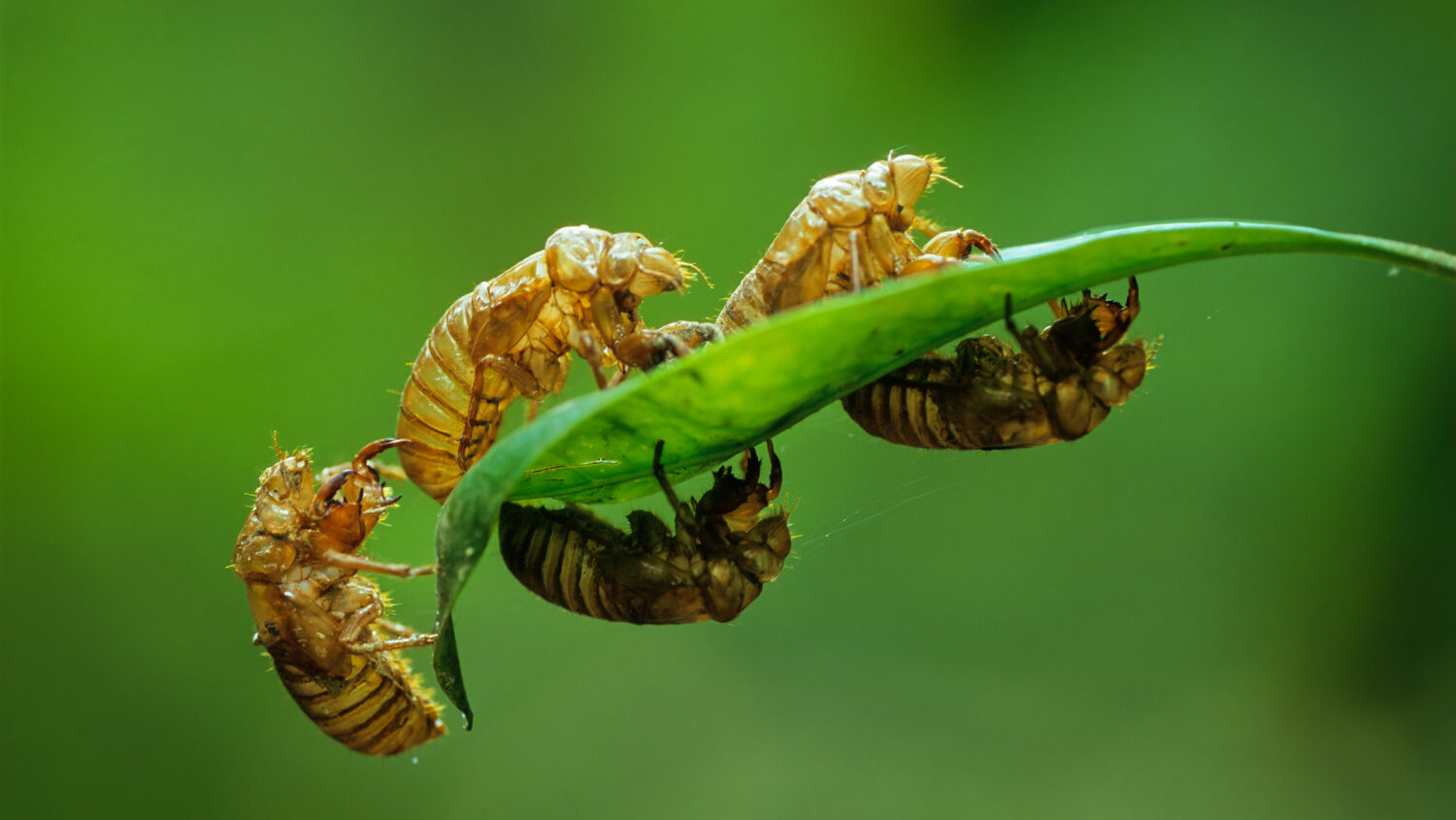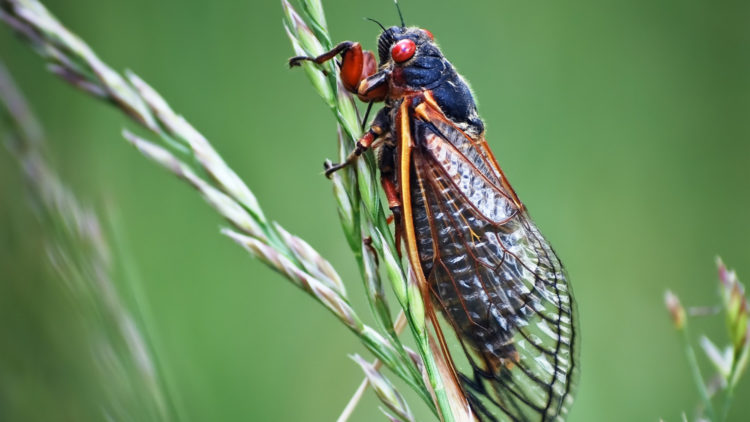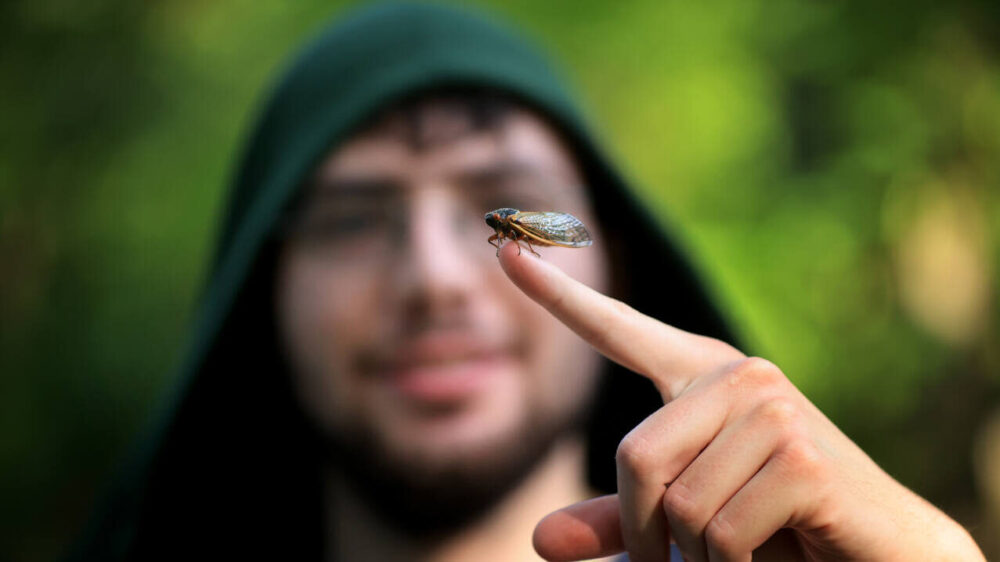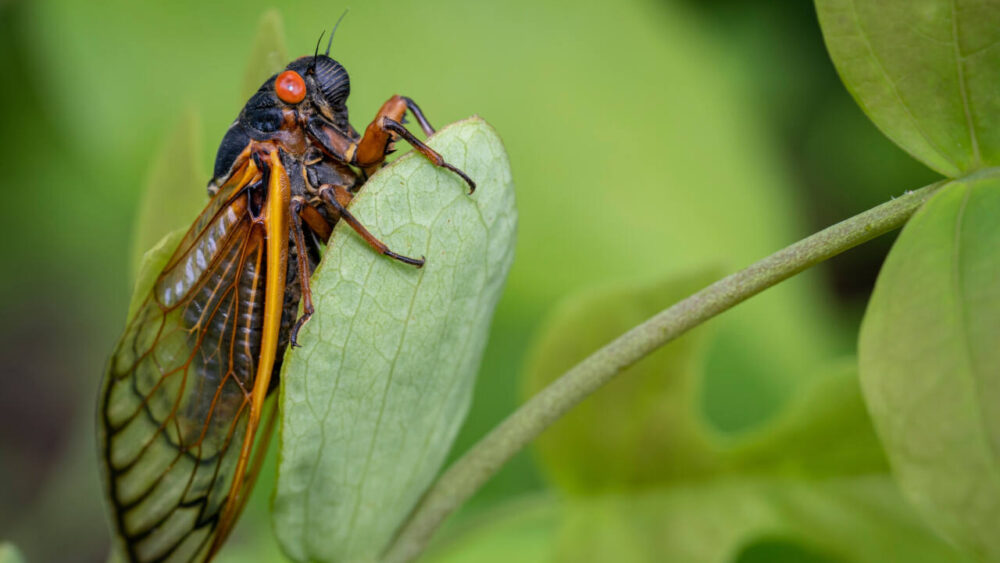Two cicada broods will emerge at the same time this year, a first since 1803

It’s a phenomenon that hasn’t happened in 221 years: Two cicada broods will emerge simultaneously this year. The double emergence of these broods hasn’t happened since 1803.
Cicadas have a periodical life cycle. These insects spend most of their lives without being seen or heard by humans. However, these nymphs thrive below the surface, living on tree sap and awaiting adulthood.
Some cicadas wait 13 years to become adults, while others wait 17 years. Once they become adults, they emerge from the ground and mate. (This explains all the racket that cicadas make during the summer. To us, it’s noise, but to female cicadas, it is a courting call.)
It is a statistical rarity for cicadas who reach adulthood at 13 years old and cicadas who reach adulthood at 17 years old to emerge simultaneously. This event will not happen again until 2245.
MORE: Are cicadas dangerous to pets? Here’s what you need to know
Scientists hypothesize that periodical life cycles are an evolutionary response. Periodical cicadas might emerge at distinct periods as a means of both avoiding predators’ life cycles as well as protecting against brood hybridization.
However, this year, these two broods of the 13-year and 17-year periodical cicadas will reach their mating cycle at the same time. Although they won’t be separated chronologically, most of these periodical cicadas will still be separated geographically. Brood XIX will emerge in 14 states across the American Midwest and Southeast, while Brood XIII will appear in five states in the Midwest.
According to Cicada Mania, only two states will experience the double emergence of these broods: Illinois and Indiana.
Don’t love the loud noise or dodging extra-large insects in your backyard? Don’t worry. While periodical cicadas are one of the longest-living insects on Earth, their time above ground is quite short. Within just a few weeks of emerging, these cicadas mate, lay their eggs and die.
You know what they say … Live fast, die young, and leave behind beautiful exoskeletons.






